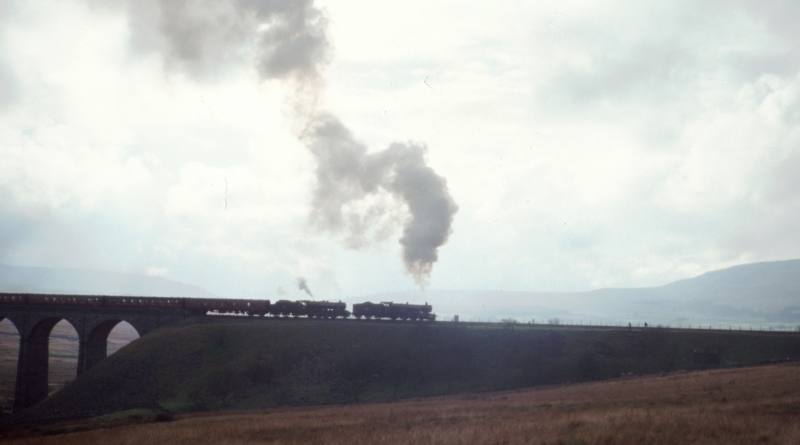
Dutch Golden Age – Ep1: The Dutch Revolt, Eighty Years War, Independence
In the 16th century the Spanish Empire controlled the Low Countries of what is today Belgium and the Netherlands. Spain’s Hapsburg monarchy had inherited the territory through dynastic intermarriage and Spain’s Charles 1 was also the Holy Roman Emperor- the most powerful man in Europe and the world.
But Spain had recently been in the grips of the Inquisition and when Charles’ son, Phillip 11 came to the throne he sought to outlaw Protestantism. This led to a revolt particularly in the northern regions of the Netherlands which had embraced the teachings of Martin Luther and his followers.
There followed the 80 Years War between Spain and the newly emerging Dutch Republic.
Many merchants and skilled workers fled from Antwerp in Belgium which had been Europe’s centre for global commerce and re located to Amsterdam.
Their skills would soon combine with Dutch maritime supremacy which would give the newly emerging republic the world’s biggest shipping industry.
This set off a golden age as Dutch ships spread out around the world, raiding former Spanish and Portuguese colonies and exporting valuable spices to Europe.
At home a new Calvinist merchant class emerged and their wealth inspired generations of master craftsmen and artists, the most famous of which are Rembrandt, Vermeer, and Hals.
Free thinkers and intellectuals such as Descartes and Locke were attracted to Amsterdam where differing religions were tolerated, and independent book publishing houses flourished.
In this episode, we chart the Protestant uprising in the Low Countries and the war with Spain that followed. We witness a Dutch Republic that emerged from this religious and cultural conflict which promoted liberal and mercantile values which changed the face of civil society increasingly at odds with an old Europe ruled by royal elites.
